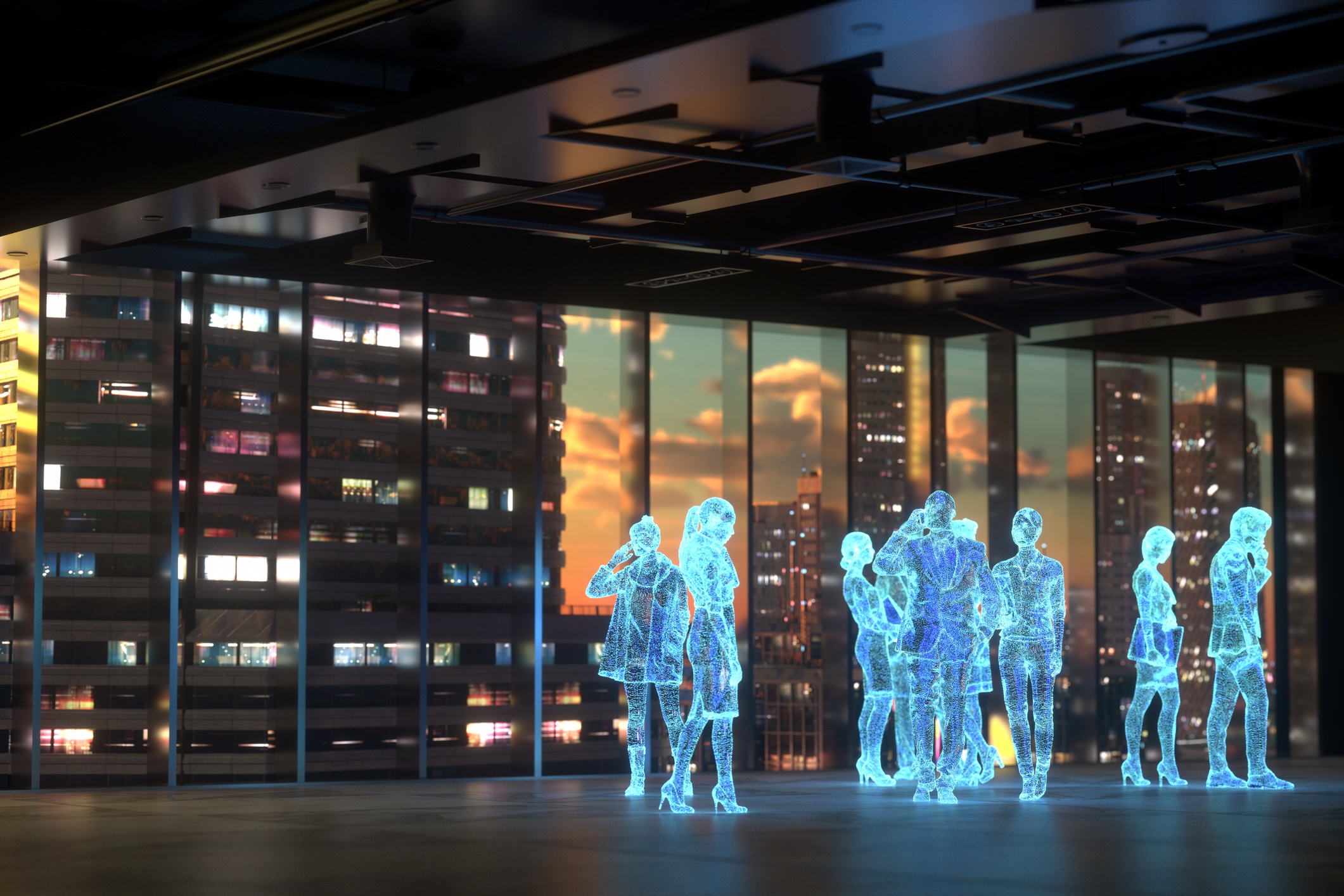'The metaverse? It will include all technologies. And it will increasingly be a social platform that will rewrite our lives' - The interview


"To better understand the metaverse, it is necessary to dispel some clichés. Meanwhile, it is more a concept than a fact. It is the rabbit by the barrel telling about an evolved Internet, what I call an "Internet body" with its physicality. That is why it will rewrite the rules of our spatial relationship: Metaverse is the sum of enabling technologies and it is a social platform". So says Lorenzo Montagna (pictured), author of "Realtà virtuale e aumentata" ("Virtual reality and augmented reality"), edited by Hoepli, and Italian Chairman of the VRAR Association: the first worldwide association bringing together 28,000 experts of AR and VR in 50 countries around the world.
Montagna is one of the leading metaverse analysts. In his long career, innovation issues have often met with that pioneering stage then determining their different evolutions. He has led iconic network companies such as the first Yahoo portal, the first Altavista search engine, the first ViaMichelin geo-localization app, the first Lycos and Napster online music and social sites. Today he travels the world analyzing scenarios and relapses of the new "three-dimensional narrative", so defined by Bob Chapek, CEO at Disney.
Open and closed gardens. We are talking about an already in place future, as the numbers show us. In 2021 alone, the skins market, a technical term indicating items that can be purchased and worn by your avatar in a video game like Fortnite, was worth $40 billion. And while in 2020, amid a pandemic emergency, the NFT market stood at $41 million, only in the last year shifted eight times the value reaching a record figure of $338 million. The NBA has made available as NFT a series of "top baskets" videos that have prompted 100,000 users to buy, trade and resell for a total transaction value of $250 million. And it's no coincidence that Samuel Jordan, one of the best-known digital designers, managed to sell 19 million digital objects on Roblox, in the last year. "Existing meta versions mostly in the gaming style, can be closed, with the user moving in a predefined world of spaces and contents. As in a video game, it is the publisher to draw and organize everything. It's no coincidence that Fortnite and Roblox own Epic Games, the world's first gaming company. In these worlds, purchases and coins are also belonging to the publisher and transactions take place by converting real currencies, such as euros or dollars, relying on a credit card. But metaverses can also be open: in this case they have a structure involving defined spaces that are, precisely, sold. Therefore, we can talk about real property of the place with a position and size strictly dependent on budgets. The blockchain governs the activities. Everything is subject to ownership certification, entitlement and value by NFT. The real point of the speech, however, is not on the platform but on the user side. In open metaverses today, access is through crypto wallets, which are, precisely, evolved wallets with personal data going beyond user and password to also allow for financial transactions. These would allow you to switch from one platform to another, but still, whether the owners of these sites will really want to do it, "says Montagna.
It is an opportunity for users and companies. For this manager and analyst of the new worlds it is just a matter of time to involve the various industries. "The first to join will be those dealing with young people, the famous generation Z who are impervious to "classic" media and who have found, in gaming platforms, a natural evolution of social media. Hence the expression "digital hangout", understood as the activity of young people to access current metaverses not only to play, but also and above all, to meet, chat and participate in activities and events. However the banks will join the metaverse, too.
Not surprisingly, in America JP Morgan moved ahead just a few months ago by creating its first presence in Decentraland, one of the currently popular virtual worlds. In the short term, the metaverse is perfect for the entertainment, fashion and luxury industry: real digital mixed business models also see the light here. However, the metaverse will also become a place for more traditional sectors", specifies Montagna.
The emerging job of the builder. According to Montagna, what distinguishes the metaverse from the current Internet is the participation, the presence of oneself but also of other people. "Potentially, any company can have interests in creating a new digital relationship with its target. Let's forget about the gaming aspect of current metaverses and imagine a series of different environments: from work environments such as offices to retail, from industrial to healthcare. Contexts in which people go beyond videoconferencing and the relationship with objects becomes real, overcoming the pure logic of e-commerce, the primordial tool of contact between product and target. All without physical interaction, "says Montagna. However be careful. To accept the challenge, all companies, especially the less technological ones, should already orient themselves to a better understanding of the metaverse.
Montagna has no doubts: we need a digital transition path, and he recently reiterated it also on the Nòva pages of Sole24Ore. "It is an essential cultural step: organizations must ask themselves about their strategies, build a dedicated product catalogue and arrive in time to digitize their history. That of the builder is one of the new jobs born with the metaverse: the developer, who has gone from building the sites to the platforms of commerce and mobile apps, now becomes an architect of spaces, experiences, and online activities from objects to clothes and even environments".